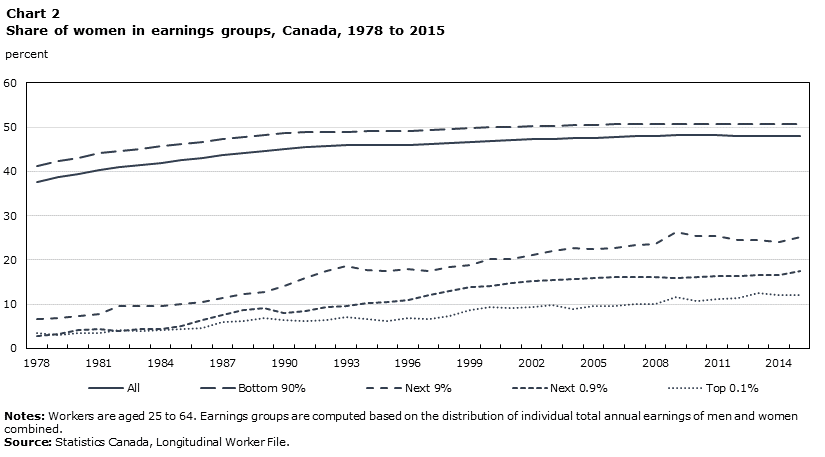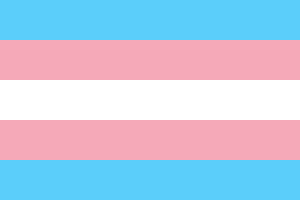I want to push back against the idea that trans women don’t experience male privilege. It’s not universal, but some do despite also simultaneously experiencing transphobia and transmisogyny.
If a trans woman came out later in life in today’s climate, after she was already a software developer or in the top 10% income bracket ($80,000/year), then the statistical likelihood is that she benefited from male privilege to get to there. If during the majority of her life perceived herself to be a man and was gender conforming during that period, then she likely benefited from the thousands of microscopic benefits conferred by male privilege. These include reduced instances of sexual harassment on the streets and at work in the teenage years and beyond, having positive representation in movies and television, not having shitty magazines tell her to be thin, her toys being oriented towards building and leadership rather than home-making, not having her opinion devalued on the basis of her gender throughout her career, not having to experience punishing dress codes, not being asked about her raising children during interviews, and so forth.
So even though she might now be experiencing transphobia, because she is still living off of an income surplus as a result of her male privilege earlier in life, she is still benefiting from male privilege even now.


The earlier in life a trans woman comes out, or is gender non-conforming, then the fewer benefits of male privilege she has received to the point of having had none. The same system of gender-based beliefs that elevates men in this society conversely punishes deviations to those norms harshly especially for trans women. That dynamic is called transmisogyny.
If a trans woman came out as a teen in the past few decades, she would have felt unsafe in school. Her parents would have likely not been strongly supportive or at all. She might not feel safe to live at home. This creates a slew of punishing consequences, which can include experiencing homelessness and poverty. This then reduces the likelihood of being able to afford post-secondary education, which translates into lower income job prospects. The loss of opportunities during this period will carry with her for the rest of her life. She is more likely to experience mental illness as a result of how she was treated throughout these early years including for her perceived gender non-conformity. She wouldn’t be experiencing male privilege, but it’s inverse that pushes her down through a constant stream of negative interactions.
If a trans girl came out during her childhood in a supportive family today, she also would not experience any male privilege. She would have led the life of any other girl.
It’s not just about the age at which a trans woman came out but when. Coming out fifteen years ago might mean losing her job, her partner, and access to her children. The loss of income and opportunity she faced then, in addition to regular harassment in her daily life, would have halted any benefit of male privilege. Most of the older trans women I know today who came out in the decades ago live in poverty. Even if the world is now more accepting, the lack of income mobility in Canada means that economic realities set decades ago self-perpetuate into today.
I want to pivot away from this idea that trans women don’t experience male privilege. Some do, some don’t. Part of what’s complicating things right now is that TERFs are using the experience of male privilege as a way to delegitimize women. They’re wrong. But so too is a knee jerk reaction denying that some trans women benefited from male privilege.
